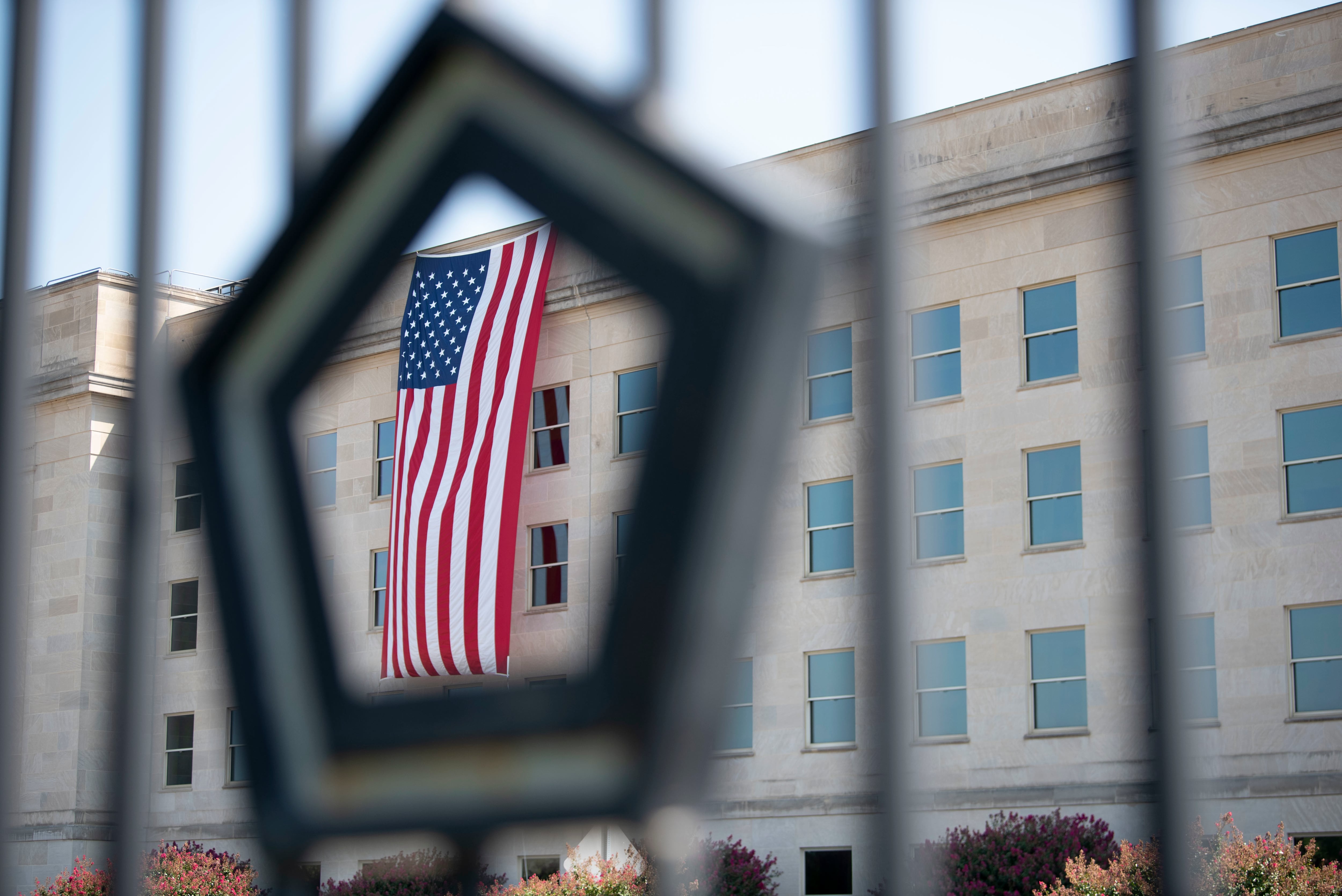As the threats of cyberattacks now loom large in the aftermath of recent U.S. tensions in the Middle East, caution is needed with recreational use of genetic testing.
Just a month ago, on Dec. 20, a memorandum advising U.S. military personnel to refrain from the purchase or use of direct-to-consumer (DTC) genetic testing services was sent to a wide Defense Department distribution list. This memo came from the U.S. Under Secretary of Defense for Intelligence Joseph D. Kernan and Assistant Secretary of Defense for Manpower and Reserve Affairs James N. Stewart. This was a wise move, as Kernan and Stewart reminded their audience that this largely unregulated DTC genetic testing industry poses potential risks to individual privacy and to national security that could affect military operational readiness.
Privacy considerations and readiness issues are raised by DTC genetic testing of military service members, and major security concerns are at hand.
RELATED

We already know that foreign governments are exploiting various surveillance methods, including DNA-typing, for monitoring individuals without their consent. There are well-known national security concerns that biological weapons can target specific groups or individuals who are genetically vulnerable to the effects of weaponized pathogens or other diseases. Besides these concerns, large-scale DNA typing affords use of genetic data for individualized identification, permits identification of unexpected parentage and family relationships, and exploits the ability to estimate bio-geographic ancestry.
While some of these genetic data generated are useful for various recreational purposes and for certain forensic investigations, unauthorized hacking of the data on military members could compromise national security for covert operators and for unit cohesion and mission readiness.
Two facts about genetic testing in military health settings are not well-appreciated.
First, protections of the Genetic Information Nondiscrimination Act (aka GINA), signed into law by President George W. Bush, do not apply to the military. While there are some policies in place to deal with genetic health information for service members, some genetic testing results, for example the finding of sickle cell trait, can place restrictions on some members with aviation specialties.
Second, U.S. DoD policies (i.e., DodI 6025.19) require service members to report (any) medical and health issues that may affect their individual readiness to deploy to serve on active status and to report any significant health information up the chain-of-command.
These realities present conundrums for those serving on active status in the military. This is due to the large amount of genetic data that are assessed by the DNA companies, often then shared electronically with other companies from the saliva or cheek swab samples they collect.
Depending on the testing kit and service requested by the consumer, genetic disease carrier state and health risk information is often communicated, but not necessarily confirmed or validated by another method, nor are new tests necessarily even reviewed by the FDA before being offered. Such testing results, if affecting a large fraction of those serving in a military unit — be it a squad, platoon or company — could easily interfere with critical missions if the purported results require verification by followup testing or clinical evaluation of the service member.
These matters concern all of us. Our passion for freedom requires us to walk the long and winding road to digital freedom. We must more carefully examine the commercial interests of DTC companies and the security of the genetic data they control as we balance interests in privacy of our service members and our national security, too often threatened and those of privacy rights, too often denied.
Frederick R. Bieber, Ph.D., is a forensic DNA-expert and member of the faculty of medicine at Harvard University. He served as a U.S. Army Reserve officer at the U.S. DoD DNA-Identification Laboratory (AFDIL) in Rockville, Maryland, the Dover AFB Mortuary, and at the U.S. Army Criminal Investigation Laboratory (USACIL) at Fort Gillem, Georgia.
Editor’s note: This is an Op-Ed and as such, the opinions expressed are those of the author. If you would like to respond, or have an editorial of your own you would like to submit, please contact Military Times managing editor Howard Altman, haltman@militarytimes.com.





